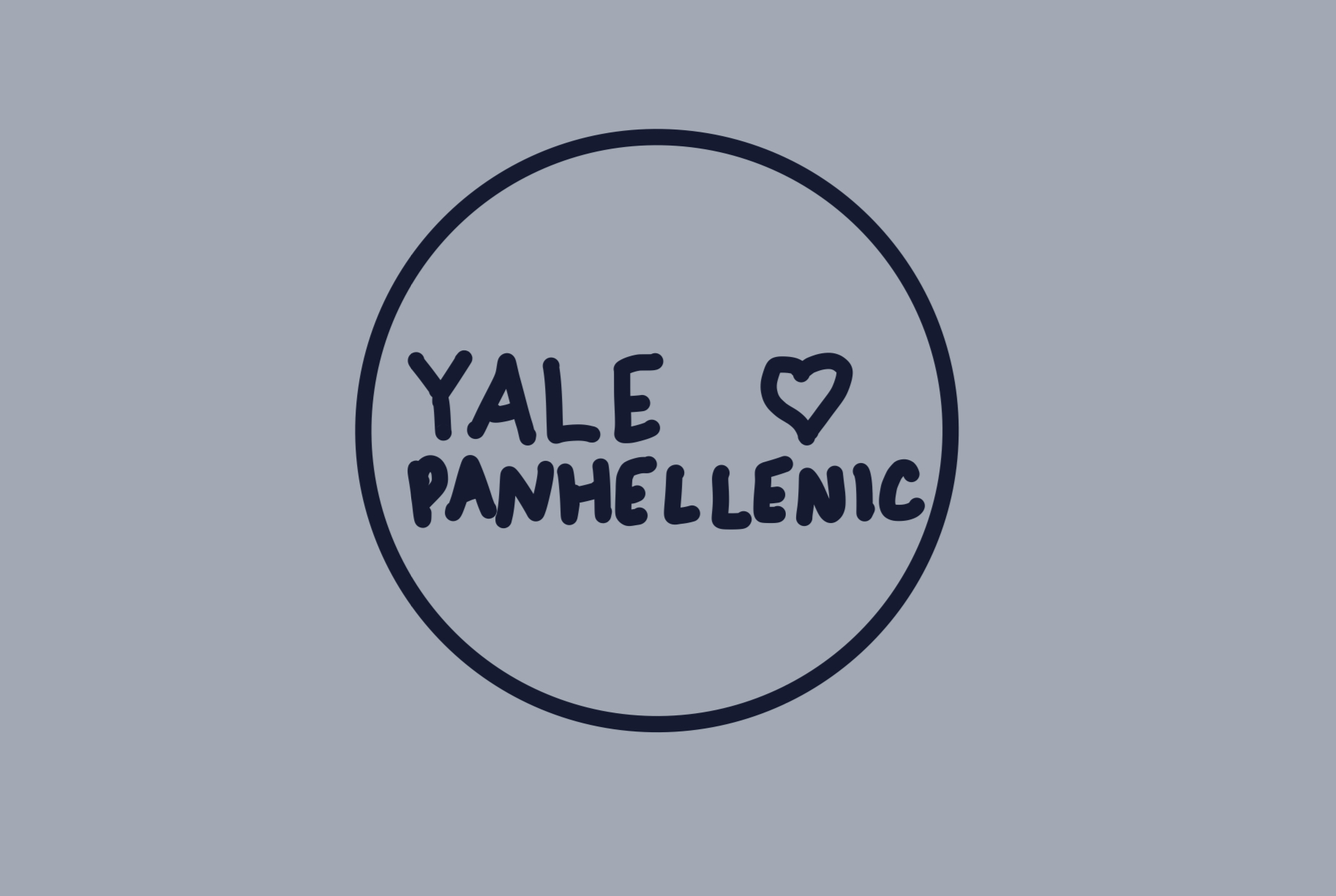
As a woman from the South, coming to Yale, I had a certain idea of what a sorority was supposed to look like. I knew at the time that I did not fit in. When I arrived on campus, I didn’t even bother looking into it. I couldn’t see the value due to a mix of my own perceptions and negative public opinion. But now, I am the president of my sorority and have found it to be my lifeline in school.
My first year, I was in and out of the hospital, and while I had dreamed that I would finally have a group of girlfriends in college, my health stood in my way. I studied abroad in Italy that summer and met one girl on my program who told me I should look into her sorority. I liked her and decided to continuous open bid — a more casual process for upperclassmen — without ever meeting the other girls. I felt so alone and so lacking in female friendships, so I figured I had nothing to lose. I was shocked to receive a bid, considering I had missed all of the events due to more visits to the hospital. I later learned that all it took was that girl from my study abroad saying, “She’s cool and nice, let’s give her a bid.”
I thought that joining would have had so much more to do with my appearance than it did. When I first met the rest of the girls, I was shy and nervous, but I felt immediately at home.
I originally thought the concept of sisterhood in Greek life was of a bygone era. I understood how girls in my chapter wanted to help me out because I knew them all and we spent at least two hours a week together for months and they weren’t strangers to me. It also aided us that when I joined, we were small enough that I knew everyone’s name within a couple weeks. I hear about their dreams, what’s going on with their families. We’re in each other’s common rooms and apartments every other Saturday, so of course I care about them and they care about me.
But how could people who didn’t even know me care about me or want to help me just because of three letters and a badge? I don’t know what the answer is, but every time I have been to an event where I meet Kappas from other universities, I’m met with offers to stay in their sorority house, to visit their campus, to come into their homes whenever I need somewhere to stay or a meal. It’s hard to cultivate environments where people are so open within moments of meeting someone else. I won’t say it is specific to Greek life, but I can’t name another community that has granted me the same privileges.
Sisterhood connects us not only across space but also across time. When our alumni come to our events, they always ask us what we want to know post-grad. What advice we need, what fears we have, how they can help us. They always say that they’re there because they love the organization and the women in it. Each chapter gets to forge its own unique identity and community that is a product of all of the women that have worn their badge before.
I don’t think this experience is unique to my sorority. Not to speak for the lovely women of APhi and Theta, but when we had the panhellenic information session in January for women who were considering joining sororities, sisterhood and its value in our lives was a repetitive theme. How much we love and support the women in our sororities like they were our own blood siblings was mentioned. The sorority connects us to our sisters, mothers, aunts, friends, and is so much more than events and recruitment.
At Yale, I think sisterhood is especially important. The institution has had a long history but a relatively short one with women. Despite the student population being almost half women and half men, it’s difficult to find spaces of supportive women. Yale can feel like a pressure cooker, forcing you into competition with people you’d much rather be friends with, or leaving you so little time for friendship between academics and extracurriculars. It’s nice to know that every Monday at chapter, I get to spend time with my friends, and we don’t have to talk about academics or class performance. It’s an opportunity to meet people outside of my major and my normal bubble at Yale. I also appreciate meeting people from diverse backgrounds and hearing about their experiences and lives. It’s something I would have a difficult time seeking out if I didn’t have my sorority.
I will be the first to admit, despite my glowing review of my own experience, that Greek life isn’t perfect and it isn’t for everyone. I hope that more women join sororities — or at least look into them — with the hope to change the things they perceive as wrong with the system. In my presidency, it has been my goal to open the chapter to as many women as possible because I want to give people the community I wish I had my first year.
It isn’t about — and should never be about — anything but personality and kindness. That’s what forges a sisterhood. I hope that everyone is able to find in their lives the kind of friendship that I have experienced in my sorority, whether that’s through Greek life or something else.







